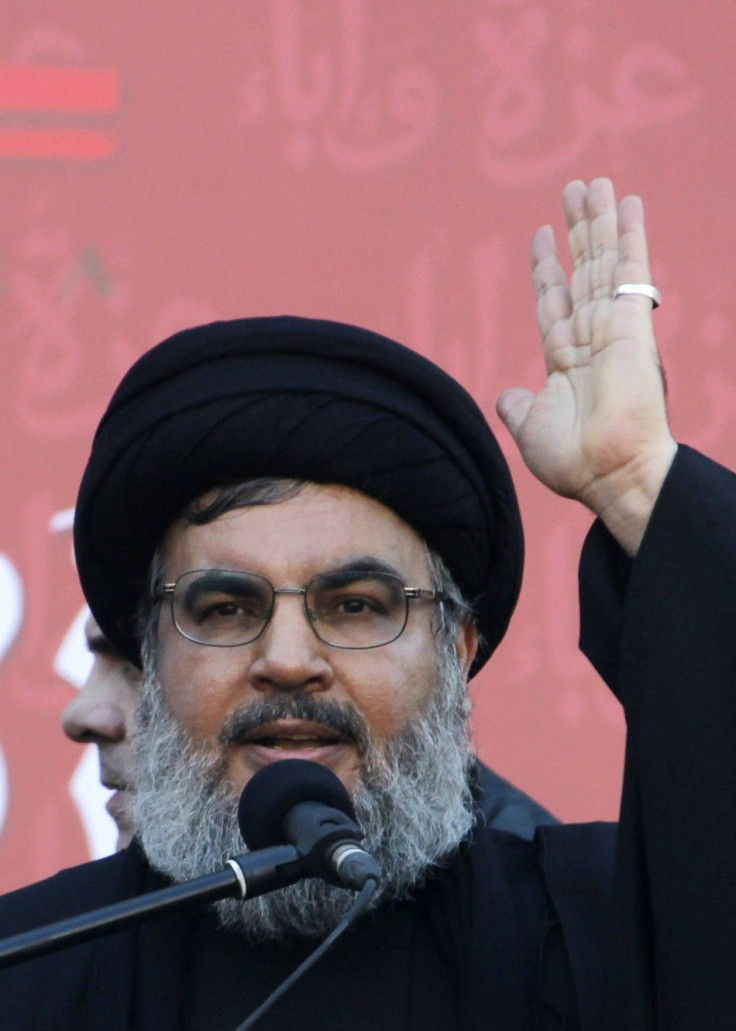Is Hezbollah Now Actively Involved In The Syrian Crisis?

Fears that the deadly conflict in Syria will spill over into neighboring Lebanon may have been realized.
According to a report in the Daily Telegraph newspaper, the Iranian-backed Shia militant group Hezbollah has launched rocket attacks into Syria to attack rebel bases in order to help their ally, Syrian President Bashar al-Assad.
“They [Hezbollah] are concentrating on hitting the villages where the Free Syrian Army are, to weaken them before launching a ground attack,” Abu Obeida, a Lebanese resident of the border town of al-Qaa, told the paper.
“I have seen the rockets firing; they pass over your head.”
Assad, a member of the Shia-linked Alawite minority is waging a brutal assault on a largely Sunni-dominated insurgency.
On the other side of the border, in the Syrian village of Al-Qusair, local residents confirmed the rocket launches.
“Hezbollah does this almost every night,” a Syrian named Ahmed said.
“It gets heavier when the fighting gets worse here. I have seen the missiles coming from Lebanon.”
However, an unnamed Lebanese told the Telegraph that Hezbollah has its own selfish reasons for attacking Syrian rebel forces.
“Hezbollah is not just protecting the Syrian regime, they are protecting themselves,” he said.
“They are protecting the smuggling routes in Syria that they use to get weapons from Iran and their Shia supporters on the border.”
Regardless, the involvement of Hezbollah in the Syrian quagmire would validate the concerns of U.N.-Arab League Peace Envoy Lakhdar Brahimi.
During a visit to Lebanon, Brahimi told reporters: “This crisis cannot remain confined within Syrian territory. Either it is solved, or it gets worse ... and sets [the region] ablaze. A truce for [the Muslim holiday of] Eid al-Adha would be a microscopic step on the road to solving the Syria crisis."
Brahimi further pontificated on the difficulties all parties face in reaching peace.
“The Syrian people, on both sides, are burying some 100 people a day," he said.
"Can we not ask that this toll falls for this holiday? This will not be a happy holiday for the Syrians, but we should at least strive to make it less sad. This will be a microscopic chance to lead to a permanent cease-fire, halting the smuggling of arms, and an agreement on a political solution."
Brahimi also said he plans to visit Damascus for talks with Assad, but it is unclear when that would happen.
© Copyright IBTimes 2024. All rights reserved.











